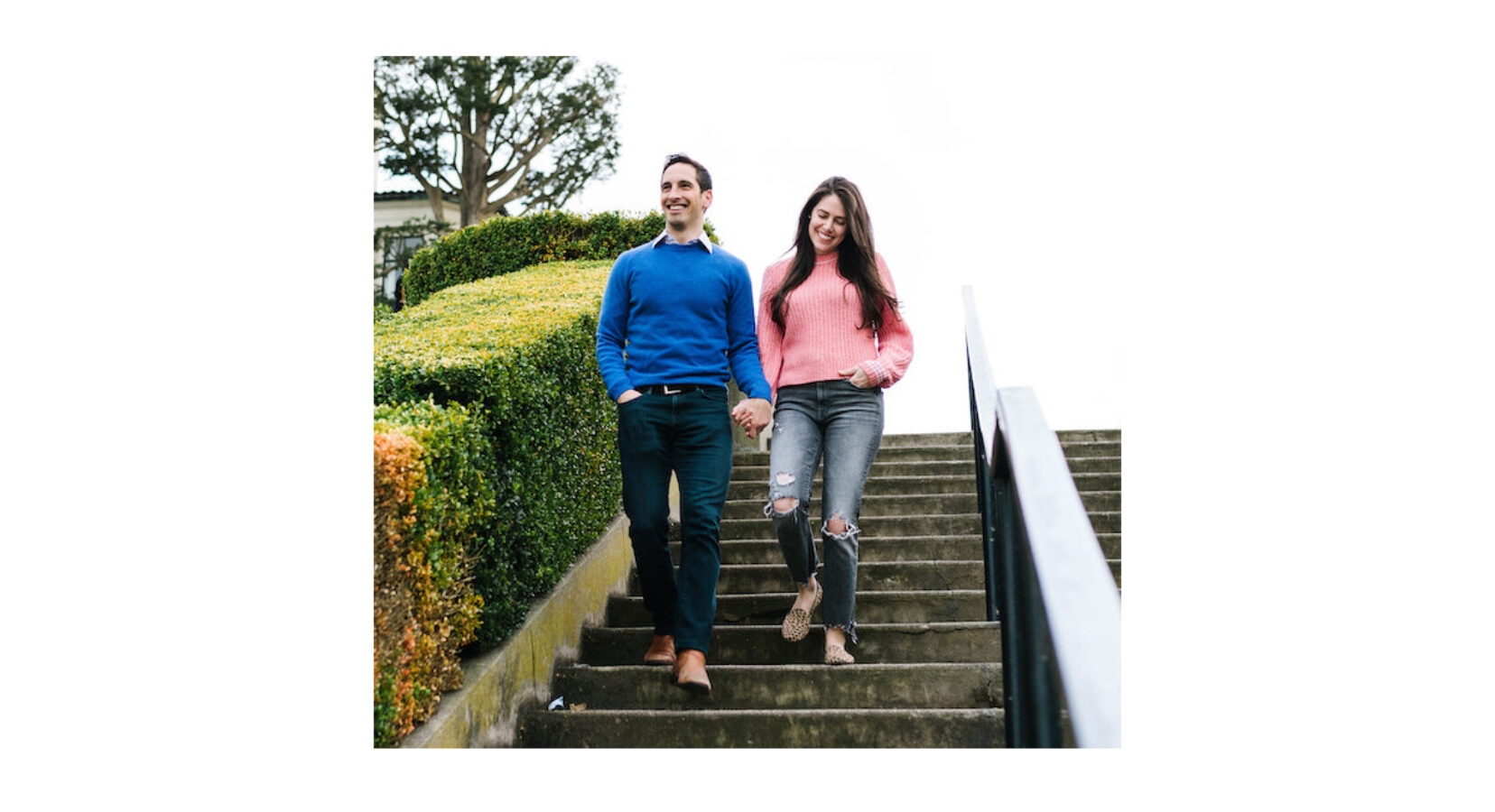
An Interview with the Founders of FertilityIQ
Clare Matschullat’s interview with Deborah and Jake Anderson-Bialis, founders of FertilityIQ
On the heels of Women’s History Month and in honor of female cancer patients and survivors, I wanted to speak with two great friends who, for the past nine years, have worked tirelessly to empower women through education about the two physical inflection points in their lives: fertility/family-building and menopause. While there has been a flood of women’s healthcare companies popping up in the last few years, Deborah and Jake saw a need for making the fertility and family-building process not only less opaque but, in Deb’s words, alleviate the “total hell” of finding the right fertility doctor. I will let Deb and Jake share their personal and professional story with you, but just know that while their own experience may have been the catalyst for what is now Inflection, they have listened to and responded with real solutions to what women need to make informed health choices at the two most critical points of their hormonal cycle/life, every single day all around the world.
What does your company do, and why did you found it?
We provide education on menopause and fertility treatments in 65+ countries and languages. Our objective is to get people objective, expertly taught education, and the effort was born out of our own frustrations trying to conceive.
When you incorporated over nine years ago, what need did you see that so many other entrepreneurs and women’s health experts did not? Or, to put it another way, what made you act when others did not?
Every other entrepreneur in our field focused on getting people into treatment or selling them medication. Honestly, that’s where the money was. For us, we thought education was far more important and, while maybe less lucrative, more rewarding and ethical to build.
When fertility became an issue for me, despite having been in remission for over twenty years, you two were there to answer every question my husband Toby and I had. How does FertilityIQ work with female cancer survivors like me and women who were recently diagnosed with cancer to explore their options?
We do a LOT to address the needs of those who’ve been given a cancer diagnosis. As it pertains to fertility, we have built the world’s most replete educational offering with Irene Hsu at UCSD. In the lesson, we cover how one should think about freezing their eggs, how to adjust fertility treatment, and the practical odds of use and success from those frozen eggs.
As it pertains to menopause, the main question tends to be whether someone is eligible to consider systemic or vaginal hormone therapy. There is a lot of misinformation in the field and a lot to unpack. Even more so than in infertility, questions around cancer course through the discussion of menopause.
The two of you and FertilityIQ have also done a fantastic job examining and explaining the potential side effects and cancer risks associated with all aspects of fertility treatment. Did looking at the potential short- and long-term risks of fertility treatment lead you toward your decision to educate women on menopause, too?
While the decision to focus on menopause was made separately and aside from the cancer discussion, they’re very much related. Trying to weigh the risks and benefits of taking hormones is an immensely important and complex topic. Often a key thing to educate patients on are the differences between “relative” and “absolute risks.” Unfortunately, most any rigorous education requires a quick tutorial study design and statistics - not a subject that draws people in but is 100% necessary for people to have a sense of the risks.
Is there anything else you want us to know about Inflection or the current and hopefully lasting surge in women’s health start-ups?
I think what we’ve learned over the years is that “more” is not always better. More information about fertility doesn’t always translate into better education. The same is true for menopause. In both of these fields, there are often only a handful of experts in each country and discipline qualified to educate patients. The nuance, especially as it pertains to cancer, is critical, and unless you’re hearing from those in a position to educate, it’s easy to get confused or misled.